|
Graduate-level theological training is coming to Omaha! This training is local and it’s live — so this about more than just consuming content. You can participate in a way that forms you, builds community, and serves others.
Oh yeah — and you’ll see that this training is SO AFFORDABLE. (Which is of course always good!) Below you'll find a few brief videos orienting you to what's coming:
One more thing before you scroll to the videos: I've included the links here that I mention in the videos, so you have easy access to them:
Now, on to the videos:
0 Comments
Building a Biblical and Theological Library? Here Are (Another) 4 More Books to Add to the Shelves1/17/2023 In the past I've written a couple of short posts advocating the idea of building a biblical and theological "library" of books — a shelf (or shelves) with trusted books that can relied on to guide you in reading the Bible and navigating theological topics. (Click here and here to see the first two posts in what is now apparently a series!) Some of these are books to read straight through; others are books to keep handy as reference books and turn to on an as-needed basis. All of them are worthwhile. I'm still a fan of the books I recommended in the earlier posts — even as I now figure it's time to add a few more books to the list. If you're looking to slowly start building (or adding) to a biblical and theological library yourself, here are four books to add to the shelf: You may also be interested in...Theology matters deeply. It summarizes and articulates what you believe about key topics that matter deeply. As Christians, the Bible must inform and invigorate our theology, as it is the final standard of authority for us — the primary means by which we discover who God is, what He's like and what He's doing, and what that invites us into. (You can find a bit more on the value of theology here, here, and here. It's something I plan on continuing to write about and advocate for.)
But agreeing that theology is important doesn't end the conversation; rather, it opens up the conversation to other worthwhile topics — topics like "What does theology offer?", and "How should we define it?" Or another topic, "How do we do theology well?" There are so many things to factor into doing theology well: for example, (1) we do theology with the whole Bible as our final authority, (2) we do theology in a spirit of confidence and humility, (3) we do theology for the purpose of increasing communion with the Triune God and advancing His mission in the world. All of these (and more) are important and worth continued reflection. In this post I want to focus on the relationship between theology and the local church. Specifically, I want to make a brief and very introductory case that when thinking about theology and the local church, four prepositions should shape the relationship: we do theology for, in, by, and with the church. In Matthew 25:14-30, Jesus shares a parable often called "The Parable of the Talents" or "The Parable of the Bags of Gold." In this parable, the master of an estate entrusts three of his servants with bags of gold while he goes away on a journey. It is clear from this parable that this money is the master's, and as his servants these three men are to steward the money in a way that honors the master.
After a long time (v. 19) the master returns, and his servants report back to him. The first two servants are commended: "Well done, good and faithful servant." They're invited to share the master's happiness and will continue to contribute meaningfully (vv. 21, 23). The third servant, however, is both wicked and lazy (v. 26). He hasn't added to his master's wealth at all. It's likely that the "spending power" of the bag of gold with which he is entrusted is actually less, given that the master was gone "a long time" (v. 19) and the realities of inflating costs. The third servant did nothing with this money that would even add interest to it. This third servant, then, is then excluded from the master's joyful presence and assigned to a place of "darkness, where there will be weeping and gnashing of teeth" (v. 30). There's obviously a lot that can be said about this parable. I want to focus our attention here on the clear point of the parable: we're to be faithful servants with what we've been given. (If you want to hear a full 40 minute sermon I've given on this passage, click here.) And that means the next right question is this: What drivers motivate my faithfulness? How can I anticipate with confidence hearing these words from Jesus someday, "Well done, good and faithful servant"? Here are four drivers — straight from this parable — that can help us anticipate hearing these words from Jesus ourselves. The New Testament provides four passages that focus in on the "spiritual gifts" — divinely given gifts that "enable us to 'do the work of ministry, to build up the body of Christ, to reach unity in the faith and in the knowledge of God's Son'"; gifts given so that you might "fulfill your unique calling within the body of Christ" (Dan Darling, Spiritual Gifts: What They Are and How to Use Them, p. 15).
These four passages that focus on the spiritual gifts in a special way are Romans 12:3-8; 1 Corinthians 12:4-31 (the whole context of 1 Corinthians 12-14 is important!); Ephesians 4:7-16; 1 Peter 4:10-11. A lot can be said about the spiritual gifts, and a lot has been said about the spiritual gifts. (For a deeper dive into this topic, see the "Recommended Resources" further down in this post.) My purpose with this short post is simply to orient you the "HOW?" question — how can you zero in on identifying and leveraging the unique gifts God has given you? This post certainly isn't the only word or the last word on the subject — but I'm hoping it can contribute in practical ways to something every follower of Jesus should have on his or her radar screen. Project accomplished!
Over the last two-and-a-half years, I have been chipping away at a Doctor of Ministry (DMin) in Applied Theology from The Southern Baptist Theological Seminary in Louisville, KY. I've loved the process (though it's been work for sure!), and am excited to be at this point where my final project has been defended, accepted, and successfully published — and now I'm just awaiting graduation in December. I'm excited to see how God might use this in and for the local church, as I seek to steward this education faithfully and for the advance of God's work. I'm getting questions about my doctoral project / dissertation, and so figured I'd provide a few snapshots of my work here. The title of my project is "Establishing a Discipleship Pathway for Ministry Programming at Brookside Church, Omaha, Nebraska." The "really short version" is that I've been working on how local churches as the local church can make disciples in obedience to Jesus' command in Matthew 28:19-20. My research focused on painting a clear PICTURE of discipleship from the Gospel of Matthew and the early chapters in Acts. Then I moved into constructing a concrete PATHWAY for discipleship that local churches can benefit from and apply practically. It's been fun already to "translate" this into two courses (both five sessions) I've been able to teach at Brookside — one specifically designed for ministry leaders, and another for the broader congregation. Below I've included PDF snapshots of the (1) Table of Contents and (2) abstract where the work is summarized further. This last weekend I preached on "Gospel Ordinances"—baptism and the Lord's Supper—and talked about how these two practices help the church stay tethered to the gospel. I’ve sat in a bunch of classrooms and academic environments hearing about the ordinances (baptism and Communion/the Lord’s Supper), but haven’t heard many sermons on them. But these practices ARE FOR THE CHURCH! It's important to preach on these things in the setting of gathered worship where they are regularly practiced. If you’re not a Christian or are brand new to church, this’ll be super helpful at helping you understand these practices that may seem weird / foreign to you. If you’re someone who grew up in a different tradition than Brookside, watch the message—we'll open up the Bible and you’ll see where we’re coming from. If you’ve been following Jesus for a long time, we need to watch that these things don’t become mechanical. Tomorrow we’ll breathe fresh life into the meaning behind them. If you're interested, here's a brief outline of what I covered:
Who is the Holy Spirit? He's been called "the forgotten God" and "the shy member of the Trinity." My guess is, even many Christians would acknowledge they don't know a lot about the Holy Spirit.
And then there are some truths about the Spirit's work that we won't know and can't quantify - at one level, there will always remain some mystery surrounding the Spirit's activity. Even Jesus seems to teach this in a passage like John 3:8: "The wind blows wherever it pleases. You heard the sound, but you cannot tell where it comes from or where it is going. So it is with everyone born of the Spirit." None of this, though, should keep us from pressing into Scripture and discovering what we can about the Holy Spirit. What IS the church?
The last two months have seen churches empty on Sundays, and significant shifts to the programs of the local church. We've now seen by experience what many have always known to be true: The church is not the sum total of its programs. Nor is the church simply the building that many visit on Sunday mornings. But this realization simply invites another great question - the one that starts this post: What, then, IS the church? This question isn't abstract. The way we answer this question has massive practical implications for how we continue to navigate the ever-changing landscape and move into what everyone is calling "the new normal." So let's dig into this question and briefly look at three biblical and theological truths about what the church IS. The church is a transformed people living with a God-given purpose who are shaped by 6 key priorities. To get us started today, let me take you back to Middle School science class. One of the great discoveries in the history of science was learning that the sun is at the center of the solar system.[1] Before the 16th century, the prevailing view was that the earth was at the center of everything, and the sun and all other planets revolved around the earth. But then a Polish genius named Nicolaus Copernicus took another look at things. He noticed that there were some big issues with the math behind the dominant view. Things didn’t add up.
So Copernicus went to work and proposed a different model - where the sun didn’t orbit the earth, but the earth orbited the sun. Suddenly everything fell into place. This discovery set the table for future astronomers to refine Copernicus’s work and help us better understand the wonder of the created universe. And the “aha moment” in the science was fixing the right thing at the center. Without that right thing in the center, everything else was a little out of whack. But with the right object at the center, everything else fell into place. |
Tim WiebeChristian. Husband. Father. Pastor. Learner. Contributor. Reader. Categories
All
Archives
June 2024
|
© 2014-2024 | 11607 M Circle, Omaha NE, 68137 | www.thebrooksideinstitute.net

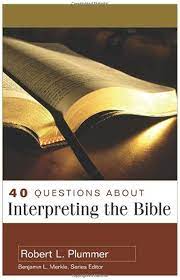
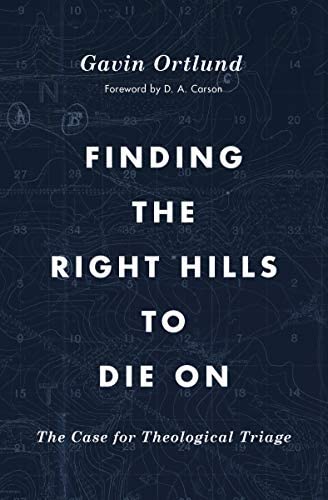
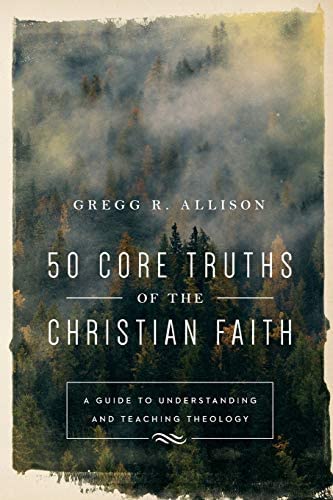
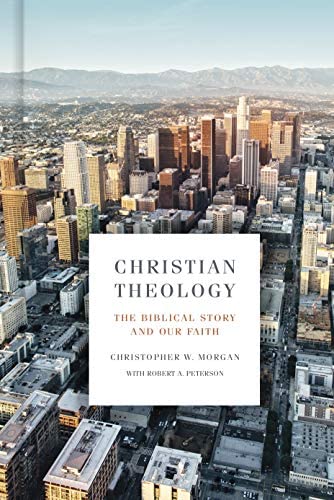


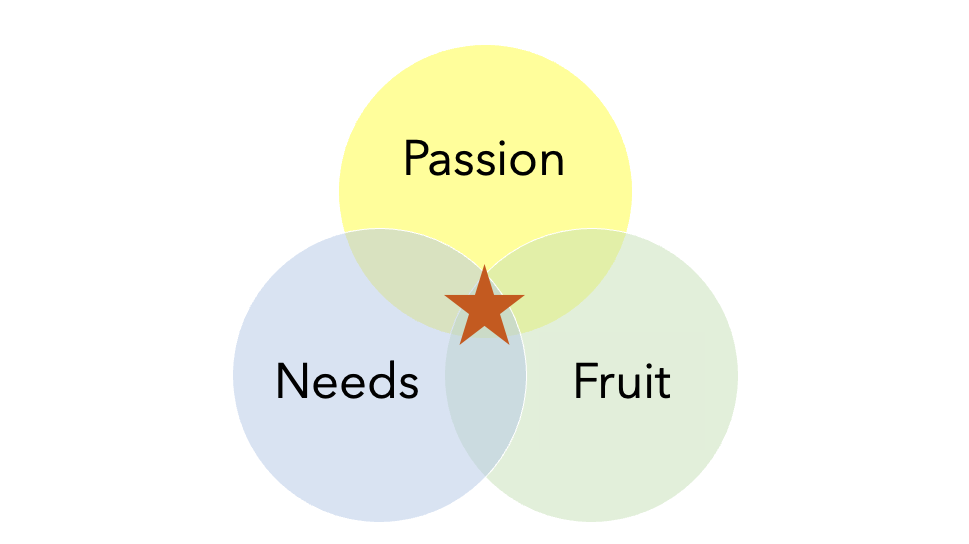
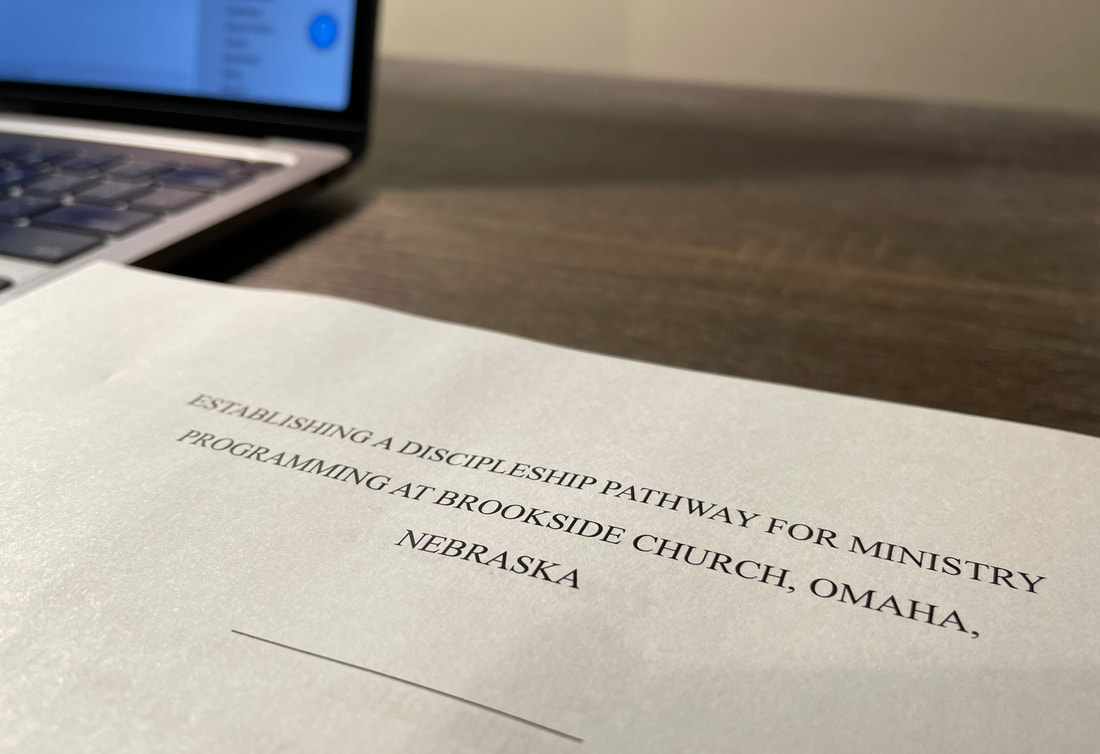

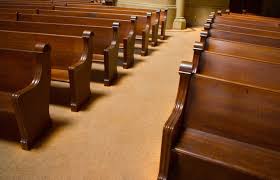


 RSS Feed
RSS Feed
